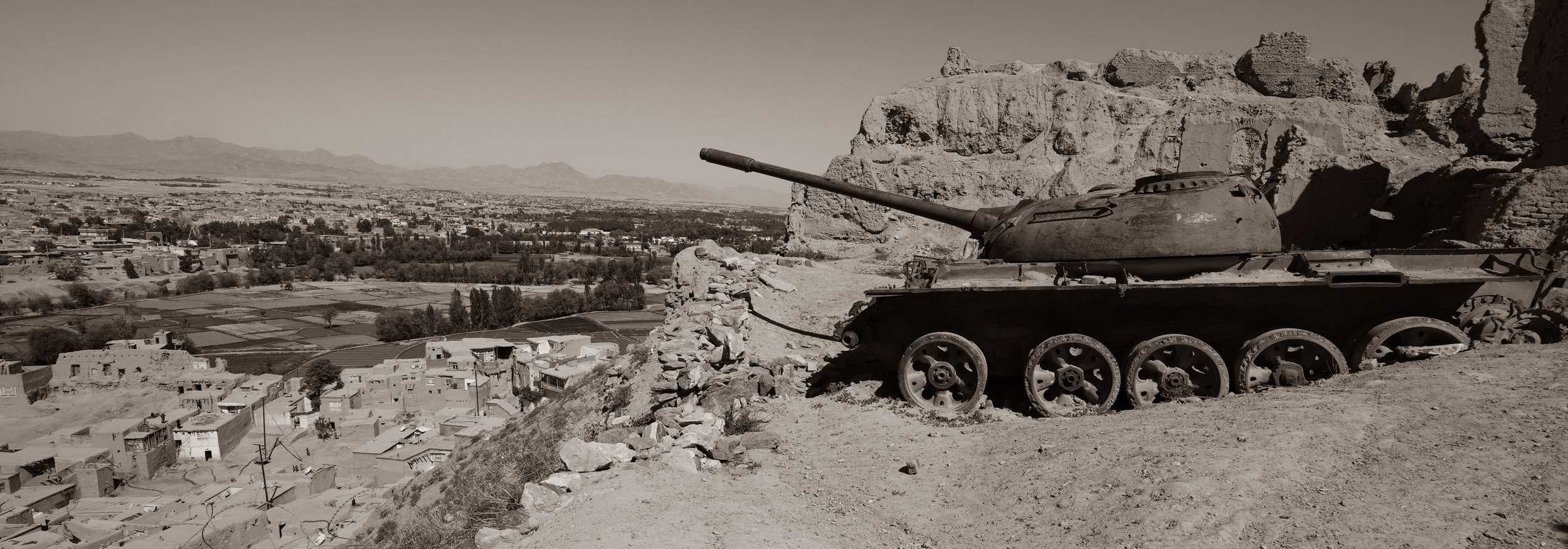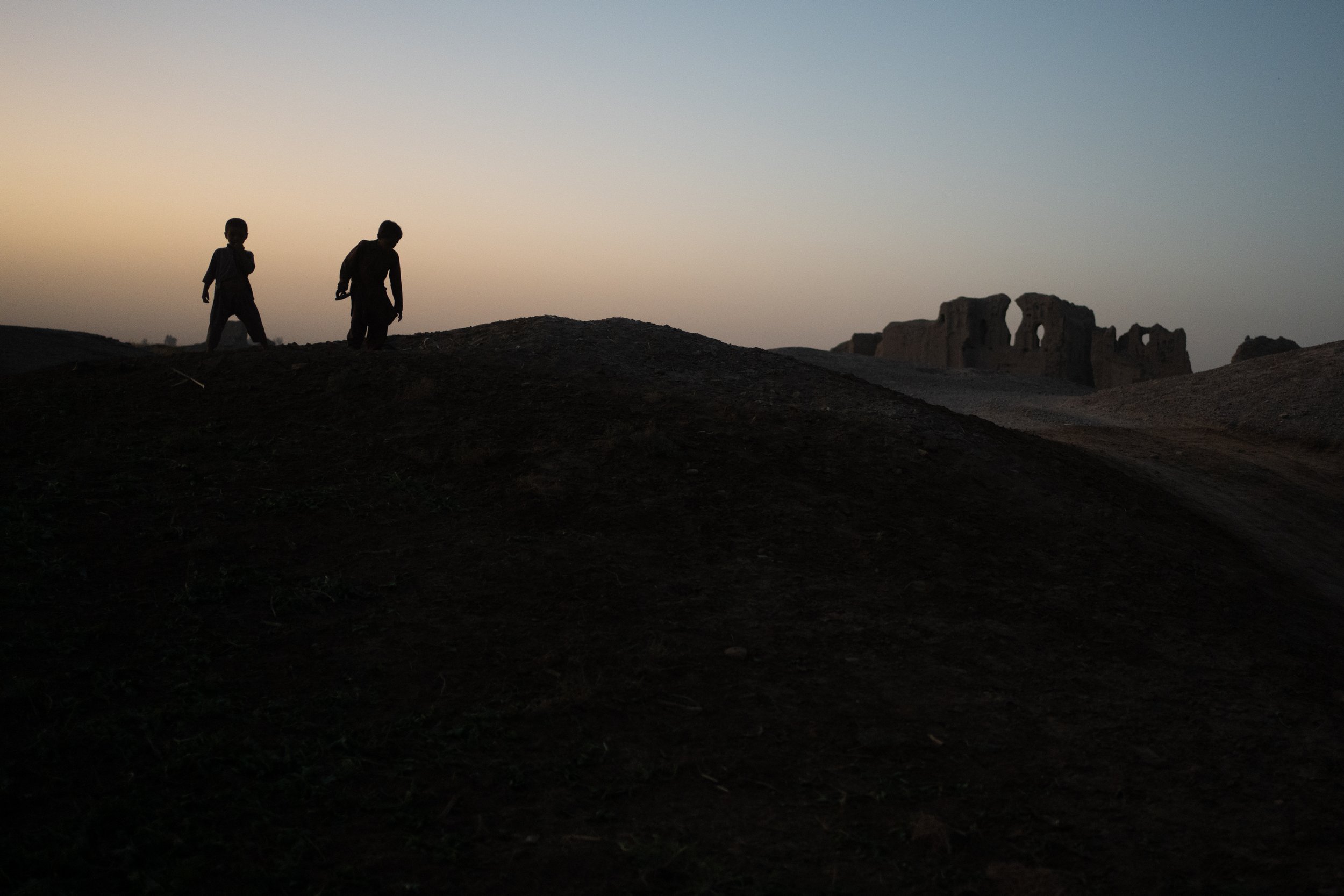
Practicalities of Travelling in Afghanistan
Our Afghan Approach…
After years of working and travelling in Afghanistan as journalists we know that being upfront is not simply a good idea, it’s a necessity.
Afghanistan is still largely untouched by tourism and for that reason very appealing to the more ‘adventurous’ travellers. We are not an adventure tourism company, but appreciate if you’re coming travelling with us, then you probably have wanderlust.
The country is home to some of the most beautiful mountains in the world. It’s colourful, incredibly diverse and stories ooze out of every nook and valley. It’s quite common for us to stumble across a truly spectacular and ancient site accidentally – places which in other parts of the world would attract flocks of visitors. We can enjoy them alone. I believe that Afghanistan could become one of jewels of world travel, if the political and security situation continues to improve.
It feels like a cliché, but Afghans are some of the friendliest and most hospitable people you’re ever likely to meet. More importantly, they are genuinely interested in meeting foreigners who aren’t soldiers or aid workers.
We are unlikely to be bumping into other visitors. When we share campsites it will probably be with the local Taliban. Afghanistan remains a place where we can experience genuine interactions with local people in a way that hasn’t been diluted.
With all that said, it feels important to make people aware of what’s involved in the practical realities of our journeys.
Cultural Sensitivity:
You already know that there are obvious differences in cultural norms between Afghan and Western societies. The treatment of women in Afghanistan is a cause of great concern .
Despite this we must remember that we are in Afghanistan as guests and observers. That means that as a group we behave respectfully towards local rules and customs. This might mean that both our female and male travellers may have to adjust their dress. At times, you may be asked to follow the lead of one of the trip’s guides in terms of your manners or behaviour. The country remains a deeply religious, conservative, and often superstitious place and we must tread carefully.
In Afghanistan, personal relationships matter. Years’ worth of trust can be damaged in a moment of indiscretion. It’s these informal relationships that journalists - and now Safarāt rely on for security, but also to gain access to special places that others are restricted from. That is what makes travelling with Safarāt different and makes our trips special.
But while we do this, we will never compromise on our own standards, or allow bullying, discrimination or intimidation against our fellow travellers. You’ll never be asked to do anything which might compromise your own values by our guides.
The Taliban:
Internationally recognised or not, the Taliban control Afghanistan and we operate in the country under their permission. At times we may be required to take an escort of Taliban in sensitive places and although we would always prefer it if we weren’t accompanied, the interaction with members of the group is often fascinating. We have never been made to feel uncomfortable by members of the Taliban, extorted or encountered the kind of roadside corruption which typified the old government.
Many members of the Taliban feel unfairly treated by the world’s media and are genuinely concerned that you come away with a favourable view of them and their country. We are not advocates of the Taliban regime, but this is the way that travel in Afghanistan is possible. We are beneficiaries of their protection, permission and at times hospitality.
Safety and Security:
Safarāt relies on years of experience working in hostile environments to guarantee your safety. Safety is our absolute top priority. Click here to read the full details of how we operate with an acceptable level of risk in Afghanistan.
Medical Problems:
Medical facilities in Afghanistan are basic, particularly in rural areas where levels of urgent and emergency care are extremely limited. Click here to read the full details of how we operate in case of a medical emergency.
We strongly recommend you arrive in Afghanistan with an extended supply of any medication you regularly need and a small toolkit of drugs for common traveller’s problems - please do not assume that your guide will have access to a endless supply of basic painkillers or medicines for traveller’s diarrhoea. Most common medications are widely available in Kabul, Ghazni, Kandahar, Herat and Mazar – although they will be unbranded Pakistani copies. Medicines are available without prescription - although the Taliban have introduced restrictions on the sale of painkillers and other opiates.
Your guide will be medically trained, but they are not a doctor and are not legally supposed to give or prescribe you medicines.
Trip Schedule:
Delays and changes of plan can happen, they are part of the reality of travelling through Afghanistan. Bad weather, road conditions, security problems, bureaucracy, permits, checkpoints, mechanical issues and bad information are all a daily occurrence. We will constantly adapt and review our plans according to the circumstances and that may mean changing our itineraries.
A key part of our offering at Safarāt is that we try and get you access that others can’t. We do that through leveraging our personal connections and knowledge. Some parts of our trips are exploratory, which means you’ll be seeing things and meeting people that others didn’t. That comes with a risk that sometimes things won’t work out and that we waste some time. We might decide to explore a valley that we’ve never been up to try and find an abandoned military base or search out a Buzkashi game recommended by a local commander.
There may be times when the group is forced to take an internal flight within the country for security reasons or because road conditions have become impassable. We never take this decision lightly but you should be prepared to pay for your own ticket in event of this kind of emergency.
Long Drive Days:
Afghanistan is a huge country. We’ve got a lot of kilometres to cover and some days our progress will be slow due to poor road conditions. This can be tiring and frustrating despite our modern vehicles.
Where possible we’ll try to break up the long drives with time out of the cars for activities. We’ve tried to organise places to stay and people to meet in rural areas to prevent us simply ferrying you between noisy urban centres, but please be prepared for a few long days in the back seats on all our trips.
Accommodation:
Afghanistan is currently trying to recover from decades of war. There is no tourism infrastructure. Most of the country’s hotels are in the larger population centres and designed for solo male business travellers. These ‘hotels’ aren’t designed to inspire or invoke the spirit of the Silk Road, but to dampen your spirits. Nylon sheets, strip lighting and blast walls are de rigueur. For decades staying safe has been the number one priority for travellers over warmth, soft sheets or charm. There are also limits to where local authorities will allow us to stay in terms of licensing.
Where possible we will always try to ensure that you have your own room with an ensuite bathroom, although on occasion you may be asked to share with other members of the group. Electricity and hot water are often patchy outside the major cities and terrible within them.
When we refer to camping it means that you might have be prepared to camp for a day or two without a shower or running water. We’ll guarantee a decent look at the stars though – Afghanistan doesn’t suffer from light pollution.
At other times we may make use of traditional “chaikana” - or teahouses to stay in. These are extremely basic trucker style flophouses, with dormitory style accommodation. If you’ve got far reading this article, then we probably don’t need to patronise you with a warning about the condition of public toilets in Afghanistan.
We are working on building up the trust and facilities we need to offer more homestays with local people. We will be writing more about this in the future.
Food and Eating:
To be blunt Afghans tend to eat lots of bread and meat, especially when dining in restaurants. This can make eating out slightly difficult if you don’t like lamb or naan. Safarāt’s Afghan guide Noory needs to eat his beloved Kabuli Pulaw at least twice a week to survive, so rice is on the menu.
Wherever possible we will be eating in local people’s homes, where we will be served more vegetarian and regional dishes. Roadside truck stops are sometimes a good place to find Pakistani inspired dahls, pumpkin aubergine, and okra.
Vegetarians will struggle with variety, although they will feast on breakfast bolani. Vegans may find themselves eating what 90% of Afghans subsist on daily – bread and green tea. The markets are always usually full with good seasonal fruit – mango and pomegranate seasons are my favourite time to visit. If you have specific dietary requirements then we highly recommend bringing some ready meals, camping food and stockpiling snacks. Although we always do our best to accommodate everyone, our group trips are extremely busy and your guides will not always have time to provide a a specific meal for you. Afghan restaurants tend to specialise in a single dish - so if the group are destined to eat at a mantu restaurant, then please do not expect to be driven round town looking for vegan pizza or ask that the group changes their plans for specifically for you.
Food hygiene standards tend to be poor like they are in other parts of the developing world. You’re free to eat what you want, but your guides may offer you friendly advice at times to avoid the iced dough.


